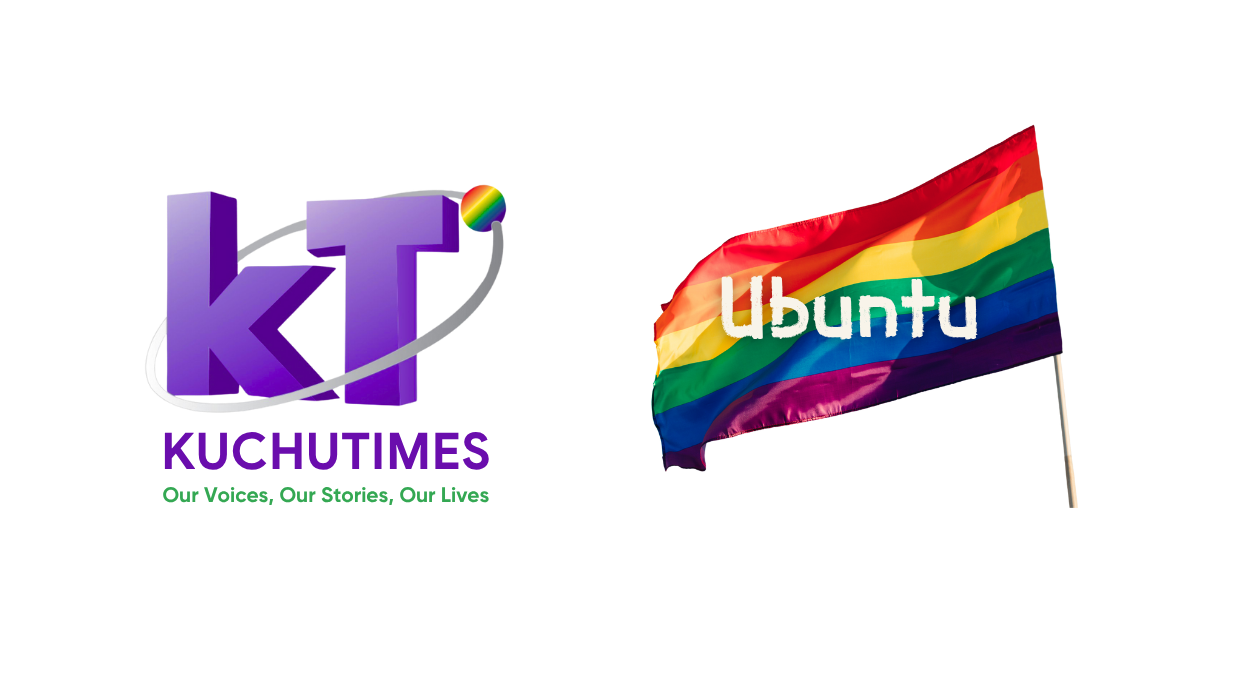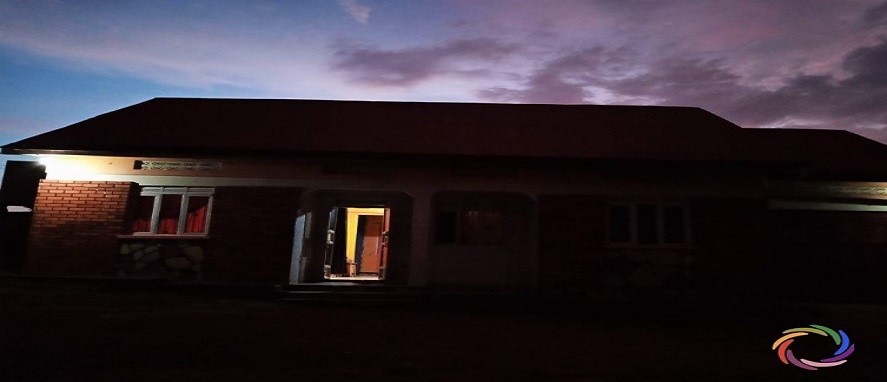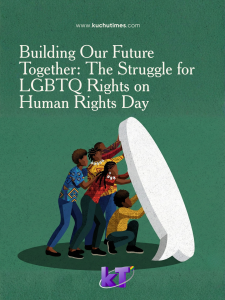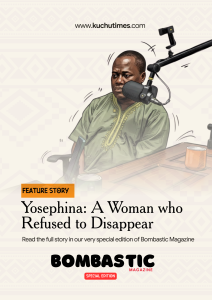In Uganda, the subject of sexuality raises a lot of controversies. Discourse on sexual orientation further intensifies negative rhetoric due to the ideology that is heterosexist, heteronormative and homophobic.
Like other sexual minority groups, Lesbians, Bisexuals, and Queer (LBQ) women are subjected to shaming, harassment, discrimination, and violence, while being denied legal rights and equal protection. We suffer serious economic injustices; summarily dismissal from paid work and denied family-based social-welfare benefits.
Rella Hose of Hope has made it a life mission to ensure that every LBQ women in Uganda that needs the relevant support to get through these traumatic and life-altering circumstances receives the support they need and deserve.
What do we do?
Our Rella shelter provides a safe space and environment that acts as a transformational temporary shelter for challenged LBQ women in Uganda using holistic feminist approaches.
This program seeks to help challenged LBQ women to obtain and keep permanent housing, breaking the repetitive cycle of homelessness. Through effective and efficient programs like Hebwa, Hakuna Matata and Advocacy that are carried out at the shelter.
Our environment offers a conducive home atmosphere that ensures protection and free spiritism of queer women for a period of 6 months to explore and rethink our journeys in advocacy, self-economic empowerment, mental wellness and creativity as a way of overcoming the pressure imposed by society and becoming self and socially independent.
Money from the various self-economic empowerment programs is saved and used to Sustain some of the House of Hope activities and also as an after plan for some of beneficiaries.
Actvities
Due to the current trends in Uganda’s economy and social lifestyles, our programs are designed to empower and enable LBQ women to interface with society independently through the acquired skills taught during their residency at the shelter.
The skills taught under the Hebwa program include Soap making, T-shirt printing, sanitary pad making, craft bags, painting and farming that includes growing various crops like cassava, vegetables, rearing rabbits and poultry among others.
Under the Hakuna Matata program we take the residency through sexual reproductive health & rights concepts that rotate around personal hygiene, sanitary pad making, contraceptives, HIV / AIDs awareness, Gender based violence, health advocacy and mental health and wellness.
The Rella Leadership and Movement Building Program entails; ''Inspiring and Motivating more LBQ women to join in creating a Sustainable and Resilient strong LBQ movement in Uganda. This is for better alliance building, protection, liberation, support systems and cultural change.
We implement this vision through mentorship, transformational leadership training in advocacy, Women's Rights, SRHR, Feminism leadership development and movement building inclusive of documentation of herstories which advocates, motivates and deems the required light on the LBQ women that have walked and worked with the movement.
BENEFICIARY STORIES
A quick look into some of our registered stories revolve around family burnishing them, rethinking trauma ordeals, pressure from society, failure to pay own rental expenses due to lack of jobs tagged to discrimination at workplaces because of their gender identity and fear to interface with society.
“I came to the shelter in search of wellness. I needed time to clear my head and deal with some mental and emotional issues. The free counseling services, connection to different health services and the people I found at the shelter were so welcoming rendering me a conducive atmosphere to heal and reorganise my personal and proffesional life,” narrates Diana Karungi a beneficiary of the wellness program at the shelter.
“The Rella family at the shelter was so friendly to me, I was fed well, given a roof “kwegamba” I was home….” says Brenda another beneficiary.
“I came to the shelter while very stressed, I needed a place where I could be accepted for who I am. Given the fact that I had no job and people around me where biased by my sexuality. While at the shelter I was welcomed, given a roof to stay and with a good caretaker who looked after us whole heartedly. Today I am employed as a builder at the shelter and I continue to inspire hope and advocate for safe places and acceptance of LBQ women,” says Faridah a beneficiary of the Rella House of Hope shelter program.




